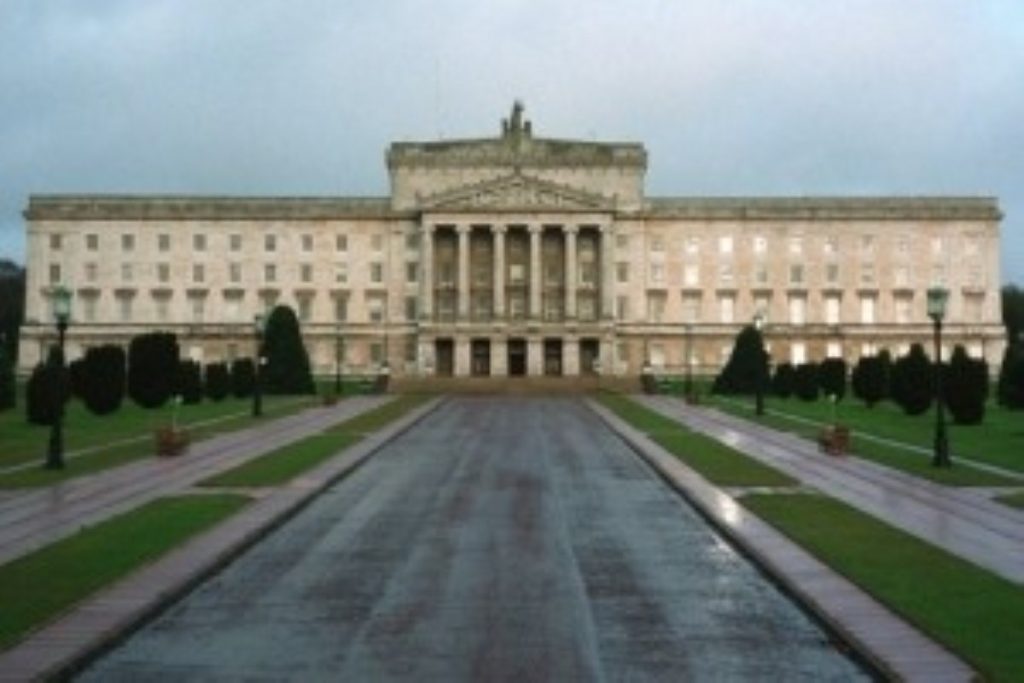Crunch talks on Northern Ireland begin
Northern Ireland politicians are today meeting in Scotland for the first of three days of crunch talks about devolving power to the province.
The British and Irish governments have given local parties until November 24th to agree a power-sharing deal and appoint a first minister and an executive.
If they fail, the Northern Ireland assembly at Stormont – which has been suspended since October 2002 – will be dismantled, next year’s elections will be cancelled and members’ salaries will be stopped.
This week’s talks at St Andrews will involve all the key players, including Sinn Fein, the nationalist SDLP and the Ulster Unionists, but the focus will be on the leader of the Democratic Unionist Party (DUP), Ian Paisley.


As head of Northern Ireland’s largest political party he would be first minister and Sinn Fein, the second largest party, has agreed to this. It has put forward one of their chief spokesmen, Martin McGuinness, as deputy first minister.
Northern Ireland secretary Peter Hain has said he is cautiously optimistic about the talks, particularly as they come after the Independent Monitoring Commission (IMC) last week concluded the IRA was fulfilling its pledge to give up its armed struggle.
Mr Paisley also met with Ireland’s top Catholic cleric and archbishop Sean Brady, on Monday, describing their talks as a “very good and useful exchange of views”.
Mr Hain told Today: “I think everybody feels now with the security situation transformed, with the most successful parading season, with no soldiers on the street on the July 12th for the first time in 40 years, with the IRA having delivered on its promise to shut down its war machine, that really the politics ought to catch up with the rest of Northern Ireland.”
However, on Monday Mr Paisley accused the secretary of state of “selling to the people deceit as far as the [IMC] report was concerned”, saying the commission had told him the IRA “are not near perfection with regards to doing away with criminal activities”.
Another major sticking point is Sinn Fein’s commitment to the Police Service of Northern Ireland (PSNI) – the DUP earlier this week said the republican party must not only take its seats on the police board but also urge its members to fully cooperate with the service.
Last night, Sinn Fein president Gerry Adams said a “huge amount” had changed since the old days of the “counter-insurgency led, collusion ridden, sectarian based” police in Northern Ireland adding: “We are determined to make progress in the time ahead.”
He stressed: “Republicans are for policing. Republicans are for the rule of law. Sinn Fein’s focus on policing is about depoliticising the police force and changing it from an armed wing of the state to a service for the people.”
Mr Hain noted: “We’ll have to see what that actually means because either side of the coin, it’s the same coin – policing on one side, power-sharing on the other, the two stand or fall together.”












